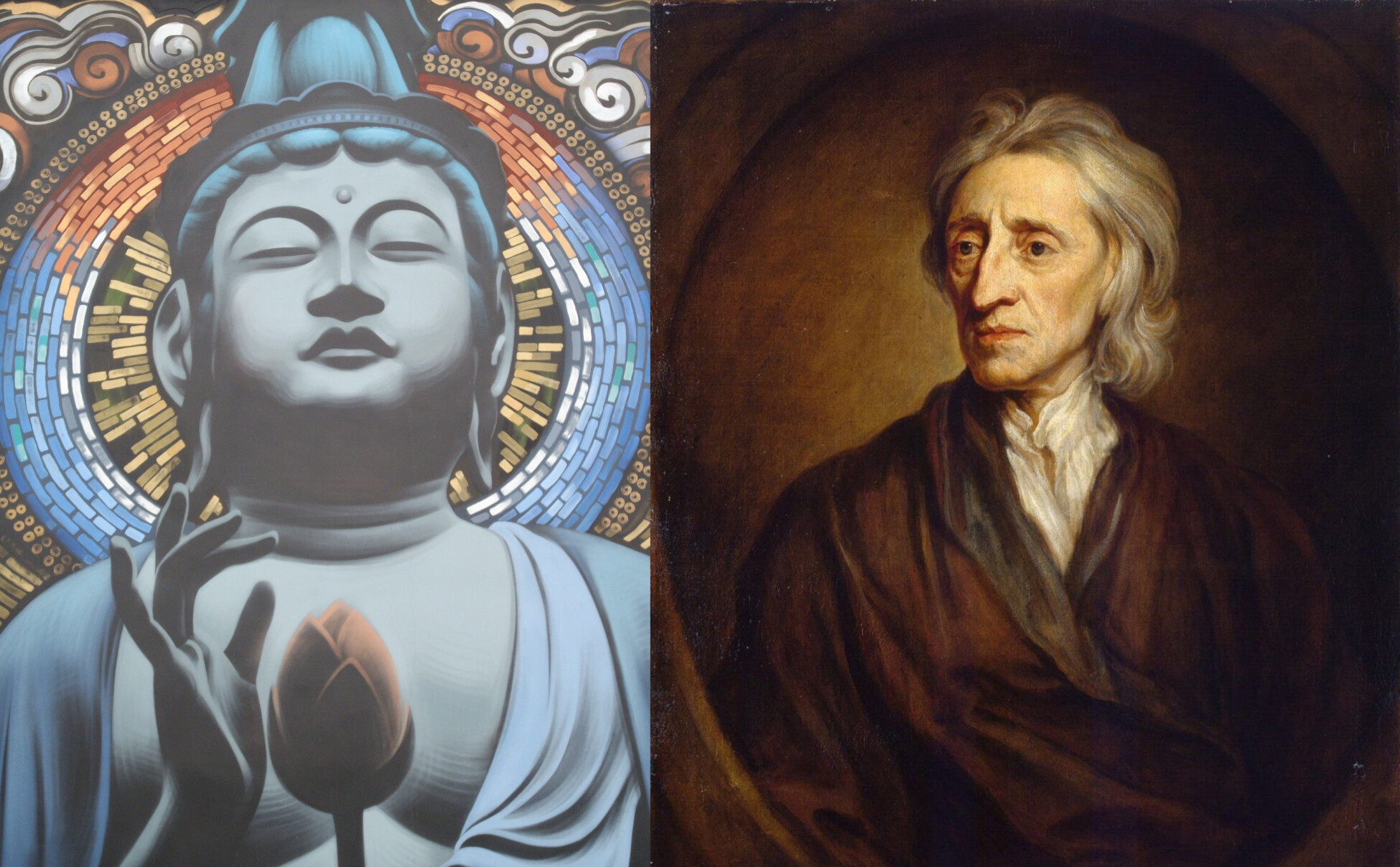
Democracy vs Feudalism and the Right Hemisphere
In the Feb 2, 2023 Q&A session Dr. McGilchrist said he favored a feudal organization of society.... View more

In the Feb 2, 2023 Q&A session Dr. McGilchrist said he favored a feudal organization of society.... View more
Please confirm you want to block this member.
You will no longer be able to:
Please note: This action will also remove this member from your connections and send a report to the site admin. Please allow a few minutes for this process to complete.